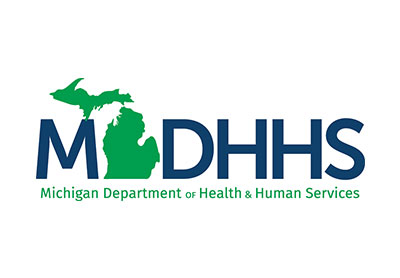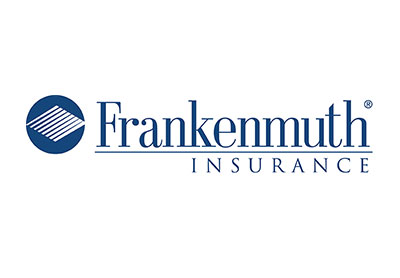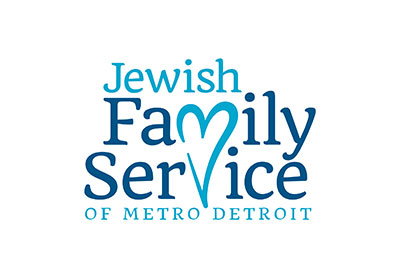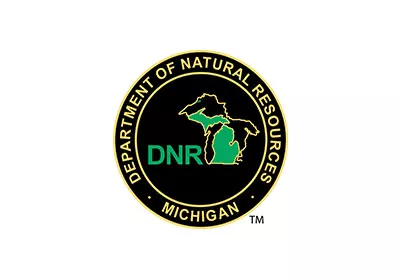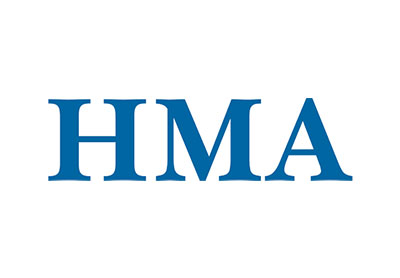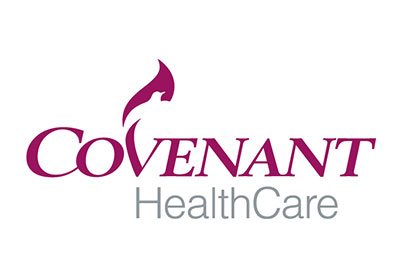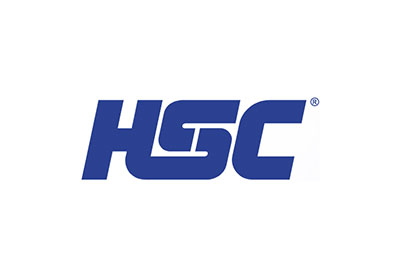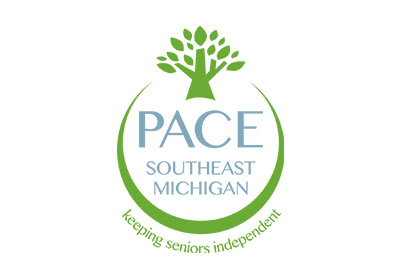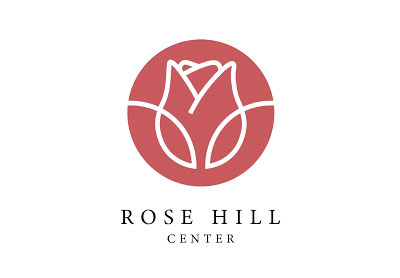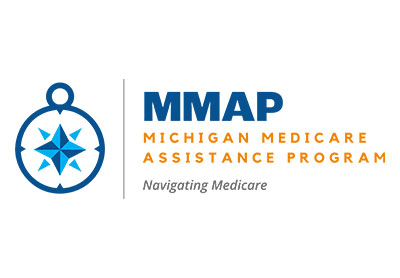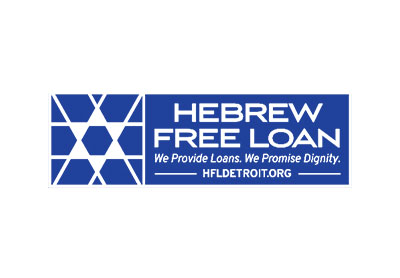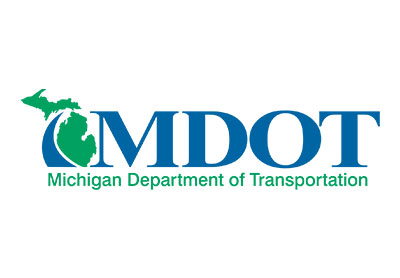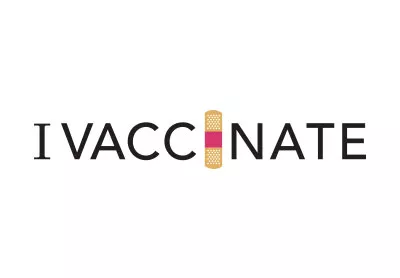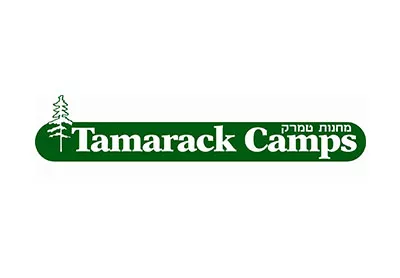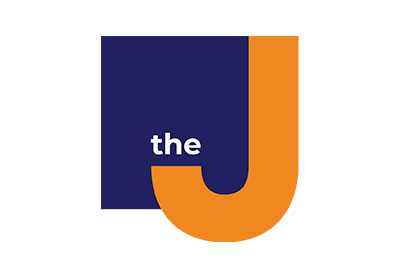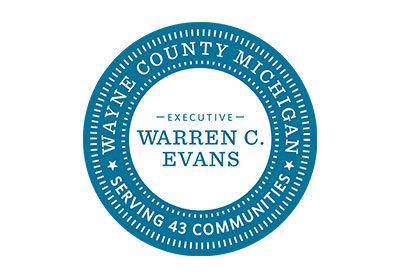
Employers want their workers to be healthier — they’re more productive that way. Workers want to be healthy, too. But in the short term, when the donuts are calling and the treadmill is not, we all need a little bribe — er, incentive — to do the healthy thing.
The idea of incentivizing healthy habits is not a new one. Insurance companies, who have a lot to gain by improving their customers’ health, have been doing it for years. The South African insurance company, Discovery, developed an incentive program over 25 years ago that offered rewards and discounts for joining a gym, eating healthy foods and more (the program, called Vitality, continues today all over the world). According to an article in the Harvard Business Review, participants live an average of 13 to 21 years longer than those with ordinary insurance. Another insurance company, Aetna, offers a ready-made incentive plan to employers called Healthy Actions, which rewards employees for taking preventative measures like getting health screenings and taking a variety of classes. Rewards range from deposits into their Health Savings Accounts to gift certificates. Still other insurance companies offer premium discounts to marathoners or other uber-fit customers (see our earlier blog on this subject).
In 2003, the Affinia Group — a maker of auto parts — offered its employees a $10 Walmart Gift Card as a reward for getting their blood pressure, cholesterol and blood sugar tested. Participation was so enthusiastic (94%), the company expanded the program. Today, Affinia workers can get as much as a $1000 yearly discount on health insurance costs by agreeing to get tested and take classes on healthy behaviors.
Do incentives work?
Incentives seem like a great idea, but the jury is still out on whether they really work. Researchers at the University of Pennsylvania say that so far, there is no strong evidence that incentives have a lasting effect on participants’ health. Short-term incentives (like a gift card for getting tests) seem to work better than long-term ones. However, many companies have only been offering such programs for a short time, so data is still being tracked.
DIY incentives
Even if your company doesn’t offer health incentives, guess what? There’s an app for that. Go ahead and bribe yourself to better health with one of these fun game-like apps:
- Sweatcoin: This app tracks your activity and rewards you with Sweatcoins, a digital currency that can be exchanged for things like magazines, energy drinks, music downloads, or even running shoes. You get around 1 Sweatcoin for every 1000 steps you take.
- Bitwalking: Essentially the same thing as Sweatcoin, only focused more exclusively on walking and running.
- Charity Miles: Download this app, choose a charity, and get moving. Instead of earning money for yourself, you earn it for the cause of your choice. Money comes from large ad sponsors of the app.
- Healthy Wage: You think you can lose 30 pounds in 6 months. Wanna bet? Then download Healthy Wage. You specify the terms — how much weight you’re going to lose, and how much you’re willing to bet (say, $300). The app will charge a monthly amount to your credit or debit card (say $50 a month over 6 months), and if at the end you lose the weight, you get a payoff. For instance, if you wagered $300, you could get a payoff of over $500 when (if?) you lose the weight.
Ideally, the joy of being in good health would be enough to prod us out the door to exercise (or get away from the cookie jar). But in the real world, we can all use a little nudge.


